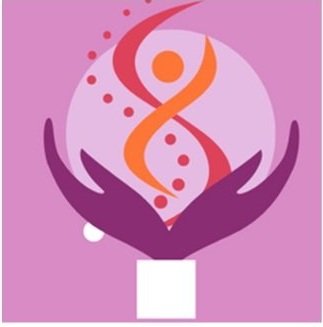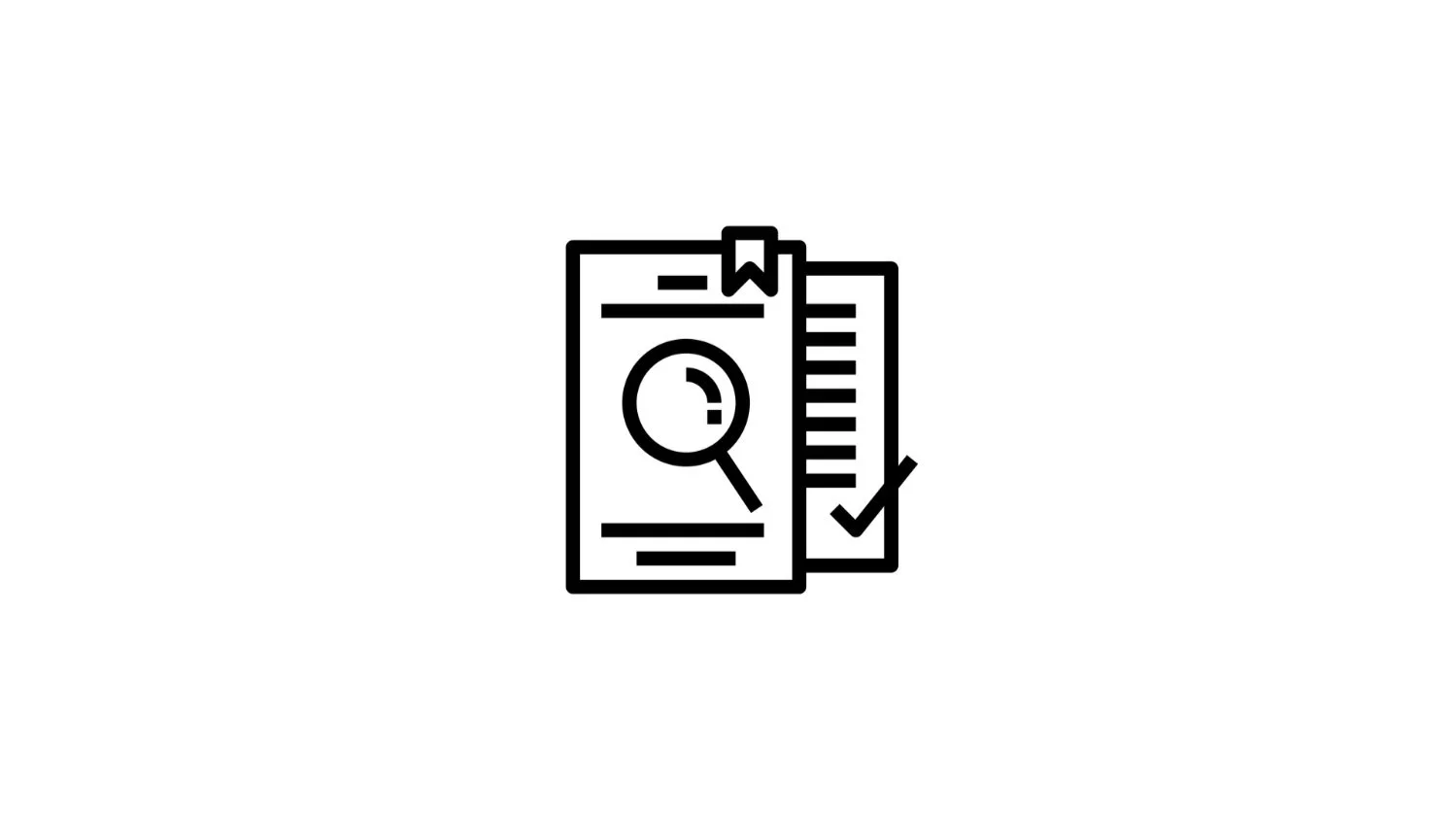Text4Hope
An evidence-based and outcome-oriented daily Cognitive Behavioural Therapy (CBT) program helping people identify and adjust negative thoughts, feelings, and behaviours. Subscribers receive a daily text message of support and encouragement to ease the stress and anxiety they may be feeling. Messages are written by mental health therapists.
Strategies to mitigate unconscious bias
Unconscious bias can affect health workers in many ways, including hiring and promotion as well as patient-clinician and interprofessional interactions. This article describes strategies that can help recognize and mitigate it as well as create an equitable environment in health care.
Togetherall
An online community where people support each other anonymously to improve their mental health and wellbeing. The platform is accessible anywhere, anytime, 24/7. Canadians may have free access to it through post-secondary institutions, employers or health care organizations.
Frontline Wellness
Low-barrier access to individual counselling for health workers, frontline workers and first responders impacted by stress related to the Covid-19 pandemic.
MindShift CBT App
An app that helps to learn to relax and be mindful, develop more effective ways of thinking, and use active steps to take charge of anxiety. A new feature, the Community forum, now enables to find and offer peer-to-peer support.
Hope for Wellness Helpline
A helpline available to all Indigenous people across Canada. Experienced and culturally competent counsellors are reachable by telephone and online chat 24/7.
AbilitiCBT
This internet-based Cognitive Behavioural Therapy (iCBT) program addresses anxiety and depression. Morneau Shepell has partnered with the Government of Ontario to provide it for free to Ontarians aged 16 and over.
MindFit Toolkit - Mental Wellness for Men
Mental health tools and resources for men and their families. Backed by healthcare professionals to tackle chronic stress, anxiety, and mild to moderate depression.
Drop-in mindfulness sessions for healthcare providers
These 30-minute online mindfulness sessions guided by Canadian health professionals invite health workers to pause and make space to cultivate well-being and self-compassion. They can be accessed live or through videos of practices.
Psychological First Aid for Frontline Health Care Providers During COVID-19
A workbook for frontline health workers that aims to improve their well-being during the Covid-19 pandemic.
Expressive arts
A creative intervention that aims to address and reduce the psychosocial stress experienced by health workers.
Careforcaregivers
A collection of mental health resources for health workers employed in long-term care, home and community care, or community social services.
Animal-assisted support program for healthcare employees
To conduct program visits for health workers, a partnership was created with a community-based, volunteer-run animal therapy organization. 20 program sessions were held over 3 months and each session was approximately 1 hour long and held in a centrally located conference room.
Guideline on Managing Personal and Practice Health
Provides information on supports and resources for midwives who are experiencing mental health and addiction issues.
ECHO - Coping with COVID
This resource was launched in March 2020 for health workers responding to the COVID-19 pandemic. Participants were invited to join ECHO sessions virtually through multi-point videoconference technology to share and learn about ways to build resilience and overall wellness through didactic lectures and case-based discussions.
RESPITE: Resilience in the Era of Sustainable Physicians
An international, multisite, e-teaching endeavour currently offering an optional resilience curriculum; the online training program is available during each year of residency training to all physicians in training (residents and fellows); the curriculum includes the online module, reading material, and a post-module survey .
Pause, Reset and Nourish Toolkit (PRN)
Strategies to help build connection to each other, ourselves and what is truly important in our lives.
Clinician Well-Being Knowledge Hub
A repository that provides clinicians of all kinds various resources (toolkits, blog posts, reports, research articles, briefs) related to burnout and well-being.
Moral Distress in a Crisis: What, Why and How to Cope
In this episode, nursing ethics leader Cynda Rushton talks about moral distress: what it is, why it occurs, and how it affects us physically and psychologically. She also explores shifts in thinking that can help alleviate distress, and offers her insights for building moral resilience during difficult times.
Psychological First Aid Courses
Two self-paced courses are available online: Self-Care and Caring for Others. Participants will learn about the impact of stress, trauma, and grief as well as useful tools for handling difficult situations.





















